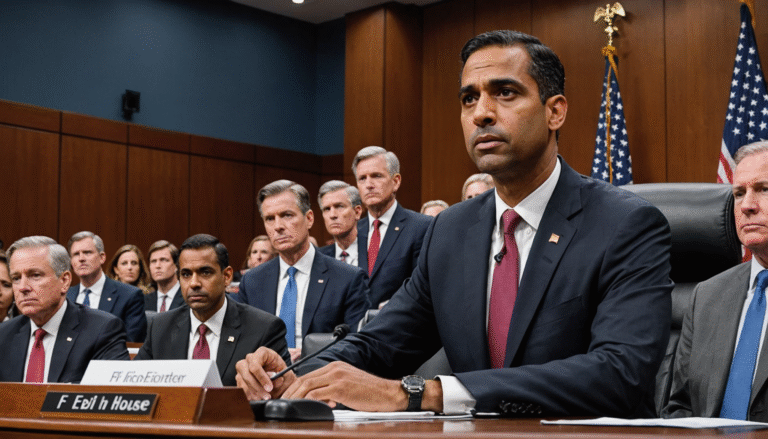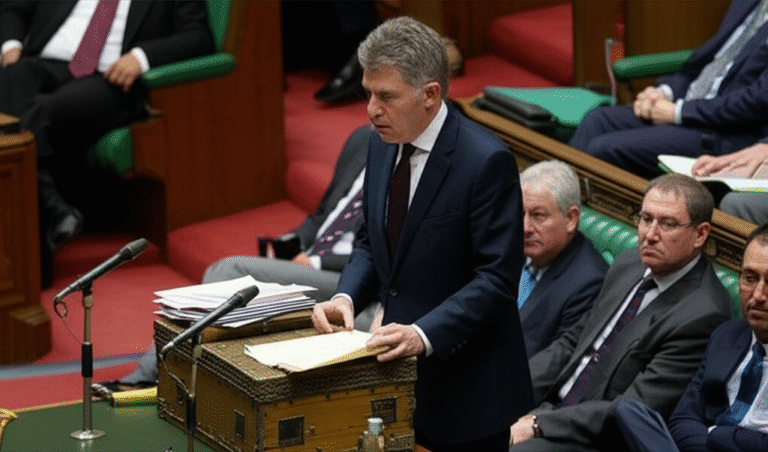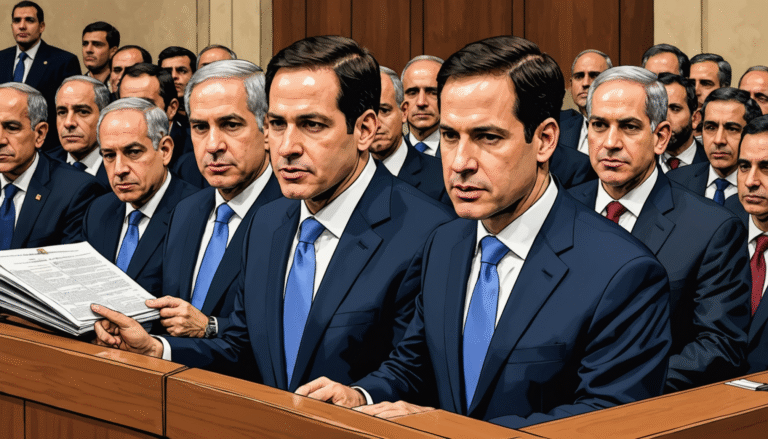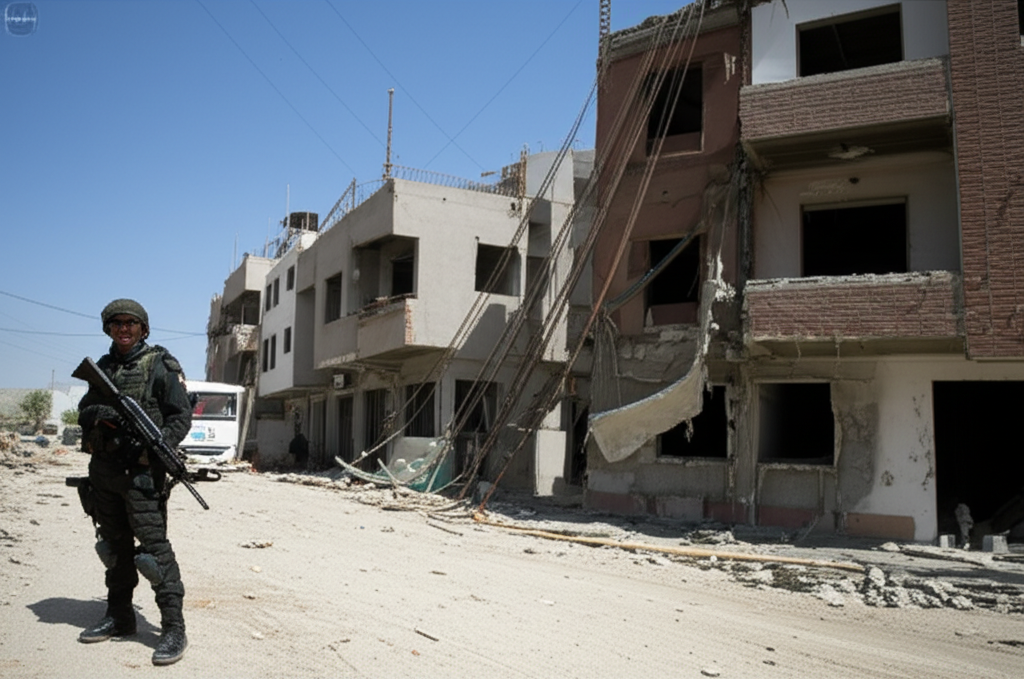
In a significant and escalating regional development, Israeli Prime Minister Benjamin Netanyahu has explicitly stated that he does not rule out conducting further \”Israel Hamas strikes\” against leaders of the Palestinian militant group, asserting such operations could occur \”wherever they are.\” This strong declaration follows a recent Israeli military action on September 9, which targeted Hamas leaders in Doha, Qatar. This strike represents a notable intensification of Israeli military activity within a region profoundly destabilized by the Hamas-led attacks of October 7, 2023, which initiated the Gaza war. The Prime Minister’s remarks were delivered concurrently with a critical summit of Arab and Islamic states, convened to express collective support and solidarity with Qatar after the contentious strike.

Israel’s Assertive Stance and Pivotal US Endorsement
Prime Minister Netanyahu’s unequivocal statements underscore a firm, unyielding approach by Israel towards Hamas. This unwavering stance received substantial reinforcement during a high-level meeting between Netanyahu and US Secretary of State Marco Rubio in Israel. While Washington had previously articulated unease concerning the strike on Qatar, Secretary Rubio offered robust and unambiguous backing for Israel’s hardline policy. He emphasized that the sole viable pathway to concluding the protracted conflict in Gaza necessitates a complete surrender by Hamas fighters and the immediate release of all hostages. Rubio conveyed a crucial shift in diplomatic expectations, noting that while the United States desires a peaceful diplomatic resolution, it is imperative to be prepared for the distinct possibility that such a resolution might \”not going to happen.\” This statement suggests a pragmatic adjustment in US foreign policy regarding the conflict’s resolution.
Secretary Rubio further accentuated that Hamas \”needs to cease to exist as an armed element that can threaten the peace and security of the region.\” These significant remarks, made alongside Prime Minister Netanyahu, were interpreted as a strong indication of Washington’s preparedness to endorse a substantial new military operation, which Netanyahu states is designed to crush Hamas once and for all. Furthermore, the Israeli Prime Minister addressed the contentious issue of potentially annexing the Israeli-occupied West Bank. He did not rule out this possibility, particularly viewing it as a response to unilateral moves by international actors, including France and Britain, to formally recognize a Palestinian state at the forthcoming UN General Assembly. Netanyahu cautioned, stating that \”taking unilateral actions against us simply invites unilateral actions on our part,\” hinting at potential retaliatory measures if such diplomatic steps proceed.
Widespread Regional Condemnation and Unifying Calls
The Israeli strike on Qatar has, predictably, drawn widespread and vehement condemnation from across the Arab and Islamic world. This collective disapproval materialized in an emergency summit, bringing together influential leaders from diverse nations including Iran, Turkey, and Saudi Arabia. The primary objective of this gathering was to unequivocally demonstrate unwavering support and solidarity with Qatar, a nation of significant strategic importance in the Middle East, notably due to its hosting of the largest US military base in the region. Hamas reported specific casualties from the Doha strike, confirming that five of its members were killed, among them a son of the group’s exiled Gaza chief, though the core leadership reportedly survived. Additionally, Qatar officially reported the tragic death of one of its own security agents during the incident, further underscoring the human cost and diplomatic sensitivity of the operation. Qatari Emir Sheikh Tamim bin Hamad Al-Thani delivered a powerful address to the summit, in which he vociferously condemned the Israeli strike as \”cowardly and treacherous.\” He pointedly noted that this attack transpired precisely at a moment when Hamas leaders were engaged in reviewing a US-backed ceasefire proposal, a detail that further complicated the diplomatic landscape.
\”The cowardly and treacherous Israeli strike occurred as Hamas leaders were studying a US ceasefire proposal,\” urged \”practical and decisive steps\” in response.
— Qatari Emir Sheikh Tamim bin Hamad Al-Thani
A draft statement, which was reportedly reviewed by Reuters, indicated that the assembled leaders were poised to declare that the Israeli attack, alongside other \”hostile acts,\” fundamentally threatens regional coexistence and significantly undermines ongoing efforts to normalize diplomatic ties within the region. This collective sentiment was echoed by President Masoud Pezeshkian of Iran, a nation that actively backs Hamas and had recently engaged in a 12-day military conflict with Israel in June. President Pezeshkian issued a stark warning, declaring that \”no Arab or Islamic country is safe from the attacks of the Zionist regime (Israel) and we have no choice but to unite our ranks.\” Similarly, President Abdel Fattah al-Sisi of Egypt, a key US ally and a nation that signed a peace treaty with Israel in 1979, weighed in, stating unequivocally that Israel’s actions \”put obstacles in the way of any opportunities for any new peace agreements and even aborts existing ones.\” These statements collectively underscore a deep and widespread regional concern regarding the implications of Israel’s recent military actions.
The US’s Complex Diplomatic Balancing Act
Notwithstanding its consistent and firm backing of Israel’s overarching security objectives, the United States has publicly articulated a degree of apprehension and unease regarding the specific Israeli strike on Qatar. This nuanced position was notably highlighted by former President Donald Trump, who advised Israel to exercise extreme caution, stating that they had to be \”very, very careful.\” While acknowledging Israel’s legitimate need to address the threat posed by Hamas, Trump simultaneously underscored Qatar’s crucial role as \”a great ally to the United States.\” This dual perspective reflects the intricate balance Washington attempts to maintain in the region. Furthermore, the US government confirmed that it had not received prior warning about the Israeli attack on Qatar, a detail that adds an additional layer of diplomatic complexity and potential friction to the alliance between the two nations.
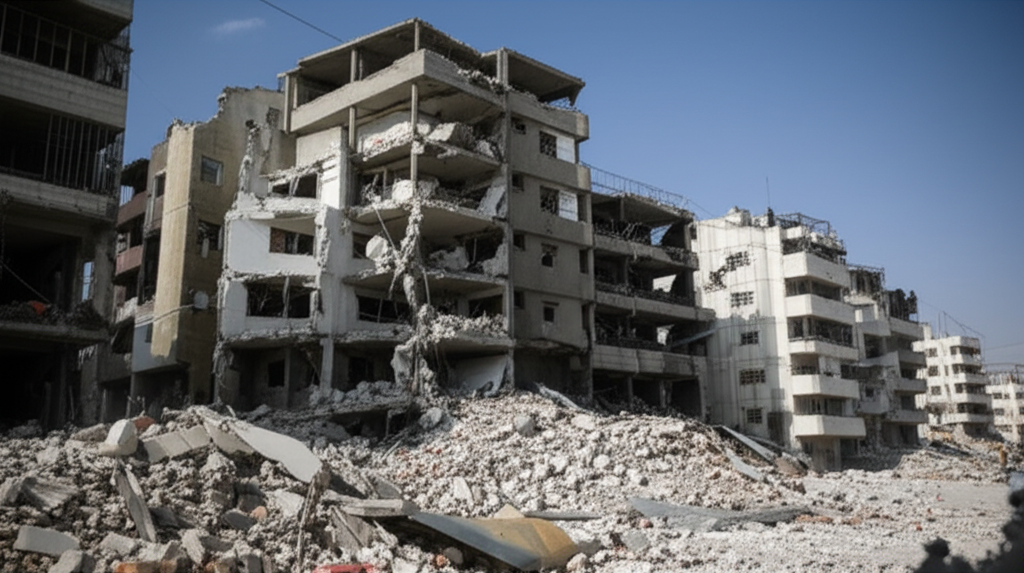
Following his series of high-level meetings in Israel, Secretary Rubio is slated to proceed with a visit to Qatar. This impending diplomatic engagement assumes critical importance, underscoring the United States’ continued reliance on Qatar as a pivotal partner in facilitating regional mediation efforts. Rubio explicitly urged Qatar to persist in its constructive role aimed at resolving the Gaza conflict. He outlined several specific and critical objectives for Qatar’s ongoing diplomatic endeavors, which include securing the release of the remaining 48 hostages still held in Gaza, contributing actively to the disarmament of Hamas, and fostering conditions conducive to building a more promising future for the residents of Gaza. However, the pronouncements made by Rubio while alongside Netanyahu—suggesting that Washington now perceives a diplomatic solution as less probable—indicate a significant strategic pivot. This pivot increasingly points towards an embrace of a major military operation as the most likely path forward, aligning closely with Israel’s stated objective to definitively dismantle Hamas.
- Israeli Prime Minister Benjamin Netanyahu did not rule out further strikes against Hamas leaders, \”wherever they are.\”
- A recent Israeli strike in Doha, Qatar, targeted Hamas leaders, killing five members and one Qatari security agent.
- US Secretary of State Marco Rubio provided strong backing for Israel’s stance, urging Hamas to surrender and release hostages.
- Arab and Islamic states convened an emergency summit in support of Qatar, condemning the Israeli strike.
- The US, despite supporting Israel, expressed unease over the Qatar strike and was not warned in advance.
Background
The current period of significantly escalated tensions and military actions is directly traceable to the devastating Hamas-led attacks of October 7, 2023, which served as the catastrophic catalyst for the initiation of the ongoing war in Gaza. Since that pivotal date, the entire region has been continuously embroiled in conflict, marked by a series of military operations and heightened instability. The Israeli strike on September 9, which deliberately targeted Hamas leaders in Doha, Qatar, represents a profound and audacious escalation of Israel’s military engagement. This operation extended Israel’s military reach into a Gulf state that had previously played a delicate but crucial role in facilitating various diplomatic efforts. Moreover, the timing of this attack is sensitive, as it reportedly occurred while Hamas leaders were actively engaged in reviewing a US-backed ceasefire proposal. This confluence of factors highlights a broadening geographical scope of the conflict and an alarming increase in the risks of regional destabilization, building upon previous conflicts like the 12-day war fought between Israel and Iran in June.
What’s Next
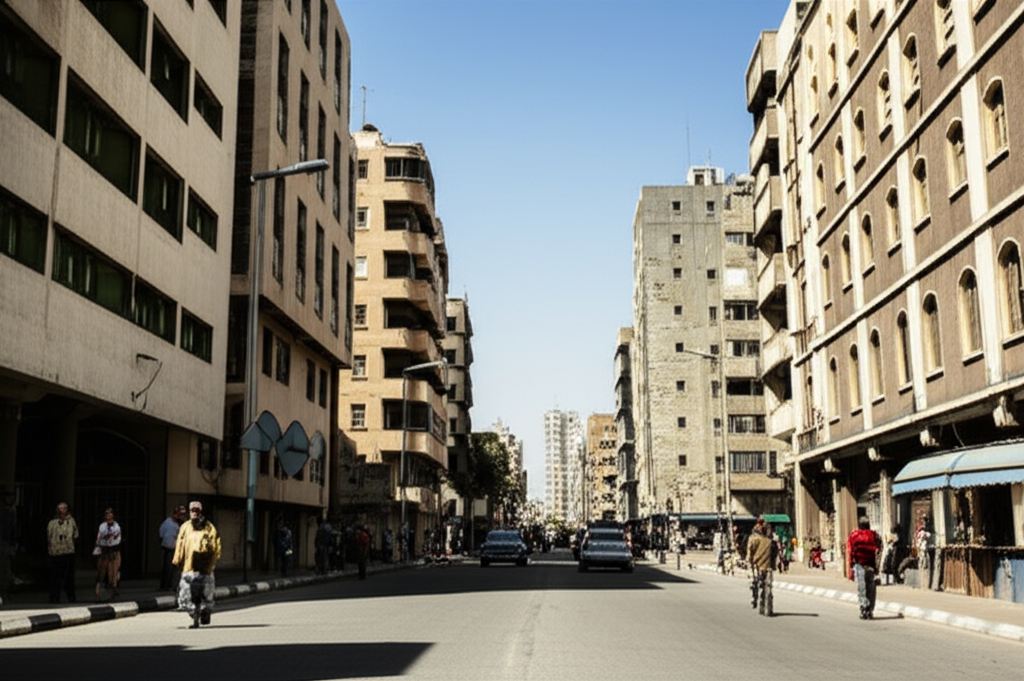
In the immediate aftermath of the recently concluded summit of Arab and Islamic leaders, a formal statement is anticipated. This statement is expected to specifically address the Israeli attack on Qatar and categorize it, along with other \”hostile acts,\” as direct threats to regional coexistence and as actions that actively undermine ongoing efforts to normalize diplomatic relations. However, the precise nature of the concrete measures or agreements that may ultimately emerge from this diverse summit remains to be seen, given the wide spectrum of viewpoints among the attending states concerning both Israel and Hamas. On the Israeli front, Prime Minister Netanyahu’s refusal to definitively rule out the annexation of the West Bank, particularly if it serves as a response to potential international recognition of a Palestinian state by countries such as France and Britain at the upcoming UN General Assembly, signals a clear readiness for further assertive, potentially unilateral actions. He stated, \”A future step is a future step. We don’t need to expose it ahead of time,\” and issued a warning that \”taking unilateral actions against us simply invites unilateral actions on our part.\”
US Secretary of State Marco Rubio’s scheduled visit to Qatar, following his engagements in Israel, is poised to be a critically important diplomatic juncture. While encouraging Qatar to maintain its constructive role, Rubio’s earlier pronouncements alongside Netanyahu—suggesting that Washington now perceives a diplomatic solution as less probable—indicate a significant strategic pivot. This pivot increasingly points towards an embrace of a major military operation as the most likely path forward, aligning closely with Israel’s stated objective to definitively dismantle Hamas. The fluid and complex situation thus portends continued military engagements, intense diplomatic maneuvering, and persistent regional tensions as various influential actors navigate this intricate security and political landscape. [Source]


